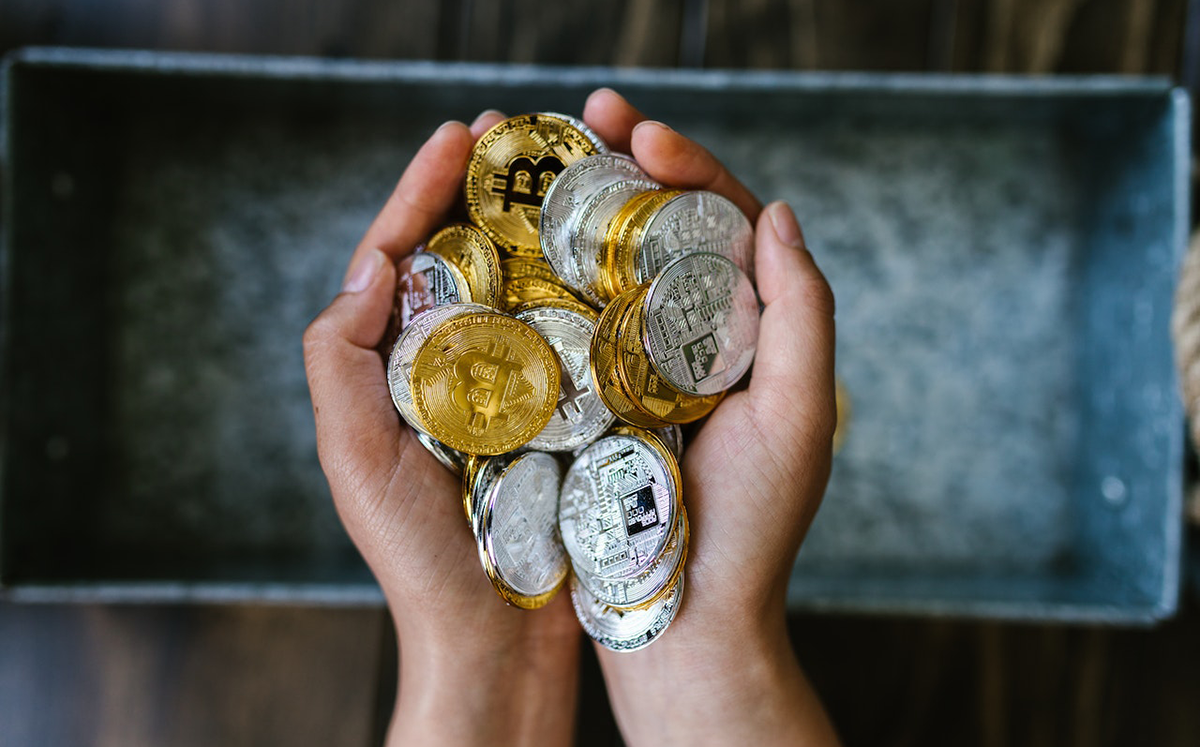What is crypto
Cryptocurrencies have been around for more than a decade now and it’s clear they’re here to stay. Without getting into too much detail on the history of cryptocurrency and the different types there are – you can read more on both topics and more in our dedicated article (insert link to Crypto Inheritance keywords page), let’s do a quick recap:
- Cryptocurrencies use a technology called blockchain – a decentralized, distributed peer-to-peer digital ledger that is used to record and verify transactions
- The first cryptocurrency, or coin, was the Bitcoin – created in 2008/2009 by one or more people (still unclear) under the pseudonym Satoshi Nakamoto
- There is no central bank or issuing authority behind cryptocurrencies
- Transactions made via crypto are fast, global, secure and relatively anonymous
Are cryptocurrencies an asset
Cryptocurrencies are most definitely digital assets. The legal framework (or lack of one) around crypto differs vastly from one country to the other, but they are largely considered a digital asset you can manage like any other. Apart from general actions on managing them as such, you can also pass down your crypto to your beneficiaries.
What happens to your assets when you pass away
Bank accounts, insurance policies, real estate, cars, collections, etc. – when a person passes away, those are just some of the many assets that are passed down to his beneficiaries (or next of kin if no will and general estate plan has been made). The legal process again differs in semantics from one country to another, but the underlying mechanism remains largely the same. A process is initiated and done by/in front of the court of law that aims to establish if there is an estate plan (with named beneficiaries in a will, for instance), the next of kin of the deceased person, the total amount of his estate, etc.
What happens to your crypto assets when you pass away
OK, so if crypto is a digital asset and your heirs can inherit it just like the rest of your estate, everything’s taken care of and set, right? Unfortunately it’s not that straightforward with cryptocurrencies.
Unlike regular assets – like a bank account or a house – there is very little, if any, record of you owning your crypto. That comes as a natural consequence of the security and anonymity cryptocurrencies introduced. Unless you’re using a hot wallet or an exchange (which we don’t recommend – more on that can be read here in the The biggest danger for your crypto article, you’re the only person who knows how much crypto you have and where it’s stored. Even if you keep it on the exchange – those organizations are far from being as regulated as normal financial institutions, which means less legally-binding ways for them to search for your heirs.
So while your crypto assets can definitely be inherited by your beneficiaries, you first need to make sure they know where to find and how to access them. Otherwise you run the risk of your crypto being lost forever – as is the case with billions of dollars worth of cryptocurrencies to date.
How to prevent your crypto from being lost forever
Now that we’ve established cryptocurrencies unfortunately bring the risk of being lost forever if your beneficiaries don’t know where to find and how to access them, let’s explore some ways to prevent that from happening:
- Move your crypto away from any exchanges or hot wallets
The first thing that you should do is to remove your cryptocurrency from exchanges and/or hot wallets. Leaving your assets there makes them extremely susceptible to attacks – if someone hacks the exchange, they’ll also gain access to your crypto without you being able to restore it. Using a cold wallet (or more than one) is an idea worth exploring if you are serious about securing your assets. - Include your crypto assets in your will
This is the next and obvious step. Even if you don’t have a will, your assets will be inherited by your next of kin; but that removes a great deal of flexibility from you (being able to name your beneficiaries for instance) and is not the case with crypto, as it’s very likely for you to be the only person that knows about it. Including cryptocurrencies in your will adds a form of security and is a solid step towards ensuring your legacy. - Use a digital inheritance service
Wills are a crucial step when planning your estate, but they don’t offer that much flexibility. Each time you need to make a change (include another asset or beneficiary, alter your wishes for another, etc.) you need to observe the legal necessities involved. Digital inheritance services as DGLegacy® exist to bridge that gap; while they don’t replace the need for an actual will or estate plan, they do offer that much needed flexibility in those important matters. You can catalog your crypto and other assets and assign beneficiaries – all in an online and secure way – that gives you a much needed layer of protection and peace of mind.
- Inform your beneficiaries
Apart from using digital inheritance services and planning your estate, it never hurts to simply tell your loved ones of your assets. If you have people you love who you’d like to inherit your assets, crypto or other, simply notifying them of the presence of those assets will make a huge difference if they have to go through the extremely difficult experience of dealing with your loss and handling your estate.



